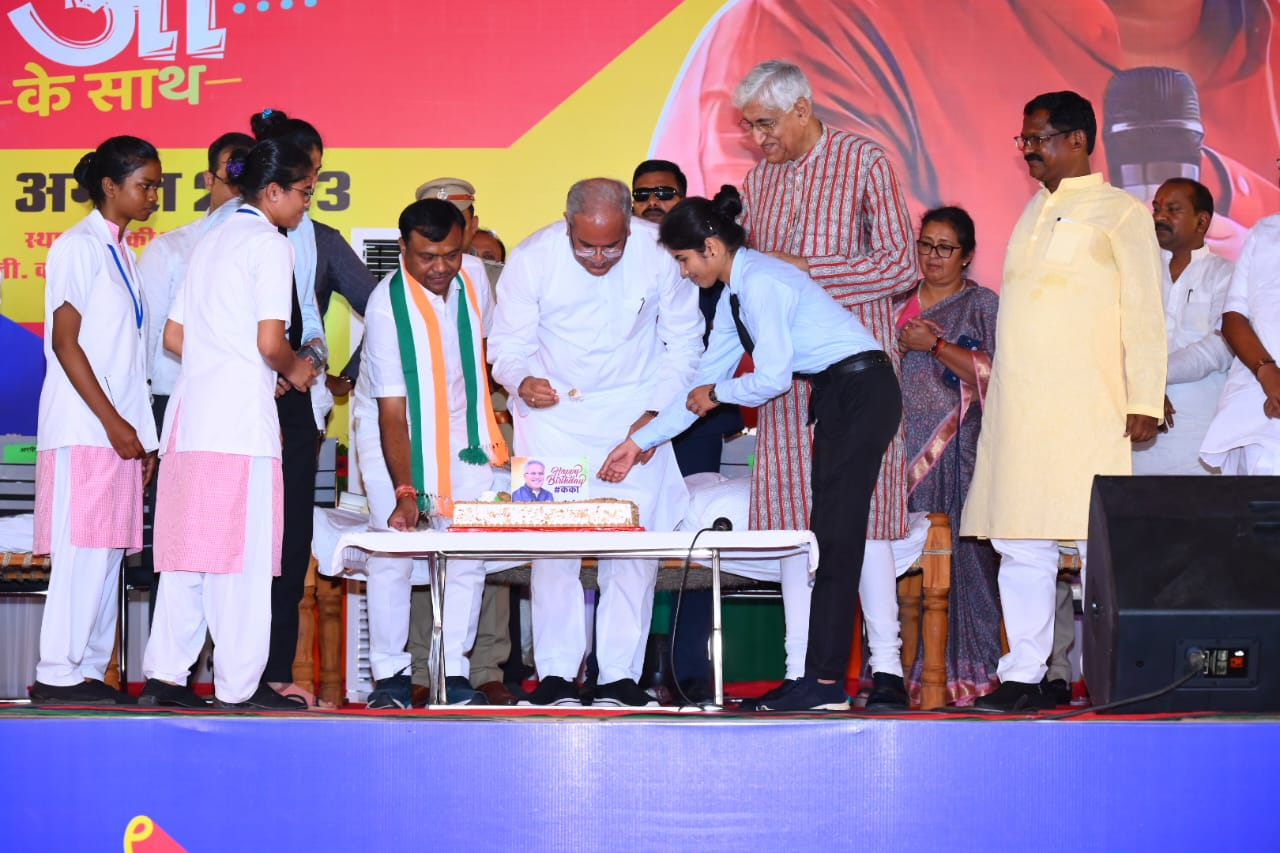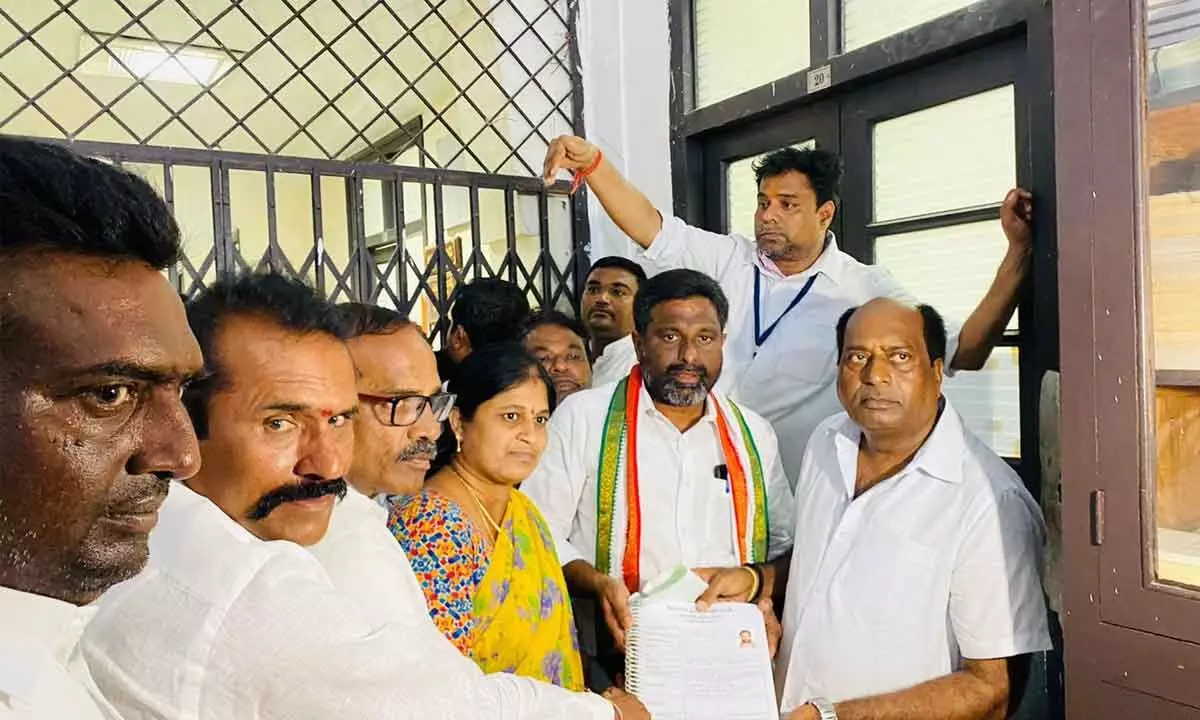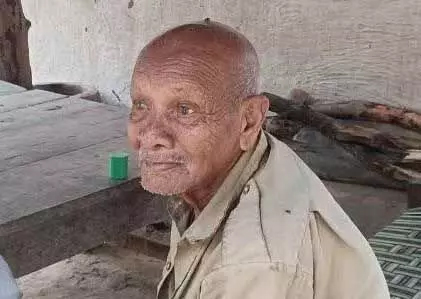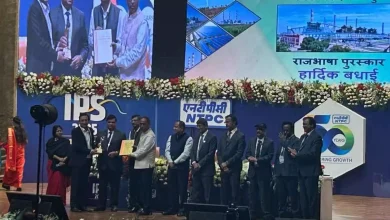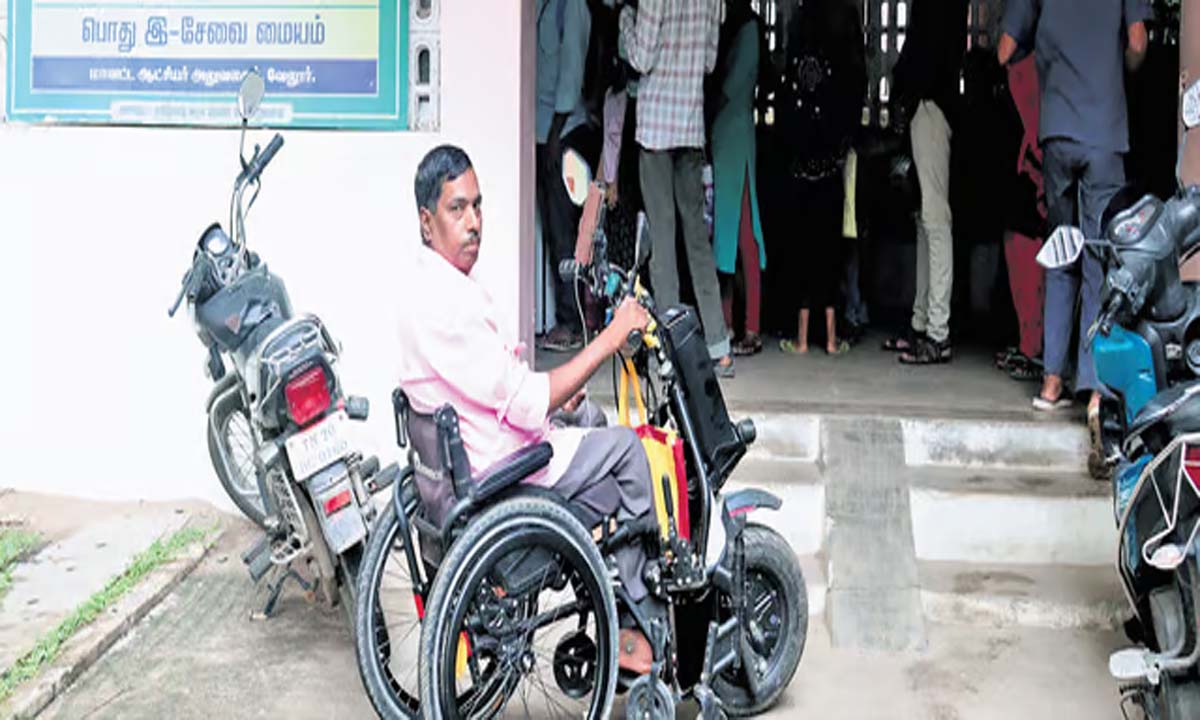
CHENNAI: Over two years have gone by since the Tamil Nadu government missed the June 2022 deadline set in the Rights of Persons with Disabilities Act of 2016 to ensure all public buildings in the state are accessible. Now, the Department for Welfare of differently-abled persons has finally taken a step towards fulfilling the goal by initiating the process to empanel agencies to conduct long-overdue access audits of public facilities, including transportation terminals, hospitals, parks and government buildings, across the state.
“About three years ago, the department attempted to conduct access audits, but the effort was unsuccessful for various reasons, such as the lack of presence of the selected agencies in certain locations. That is why we have now decided to empanel multiple agencies for the purpose. Once the agencies are empanelled, we will begin the audits. Government departments can also engage them to audit their buildings,” said a senior department official.
The state could use one of the 17 organisations empanelled by the union government to audit how disabled-friendly its infrastructure is, but given the scale of the task at hand the department has invited Expressions of Interest (EOI) from agencies, organisations, NGOs, trusts and other entities to conduct these access audits.
Selected agencies will be empanelled for a period of seven years from the date of issuance of the selection order.
‘RIGHTS project needs to gain focus’
The agencies will be responsible for conducting audits to ensure compliance with the accessibility standards outlined in the Rights of Persons with Disabilities Rules, 2017, and the Harmonised Guidelines and Standards for Universal Accessibility in India, 2021. Subsequently, they will submit reports identifying areas of non-compliance and recommending corrective actions.
Additionally, these agencies will also be tasked with monitoring and evaluating implementation of recommended measures to ensure that the improvements are incorporated. In collaboration with the Directorate for Welfare of the Differently Abled (DWDA), they will also conduct workshops for various stakeholders involved in the design, construction and maintenance of built environments to raise awareness.











